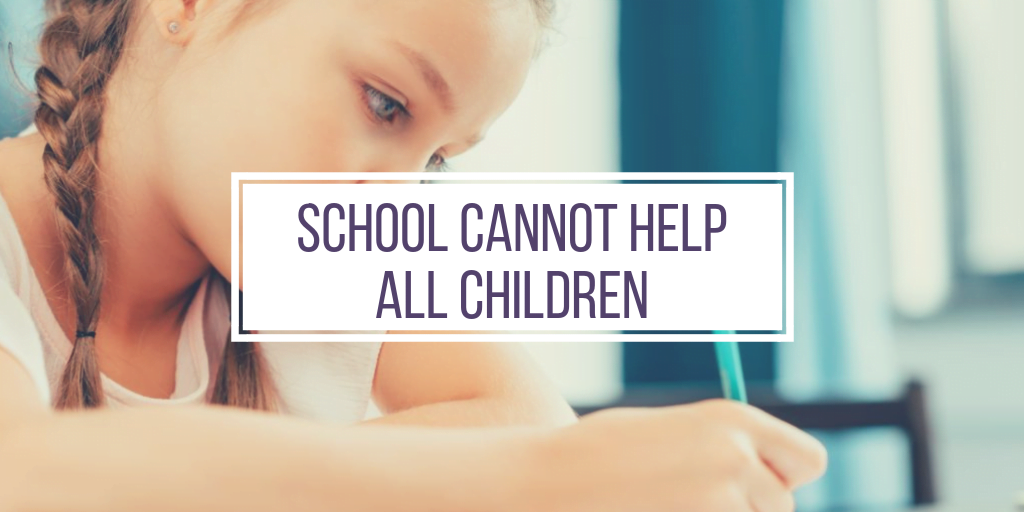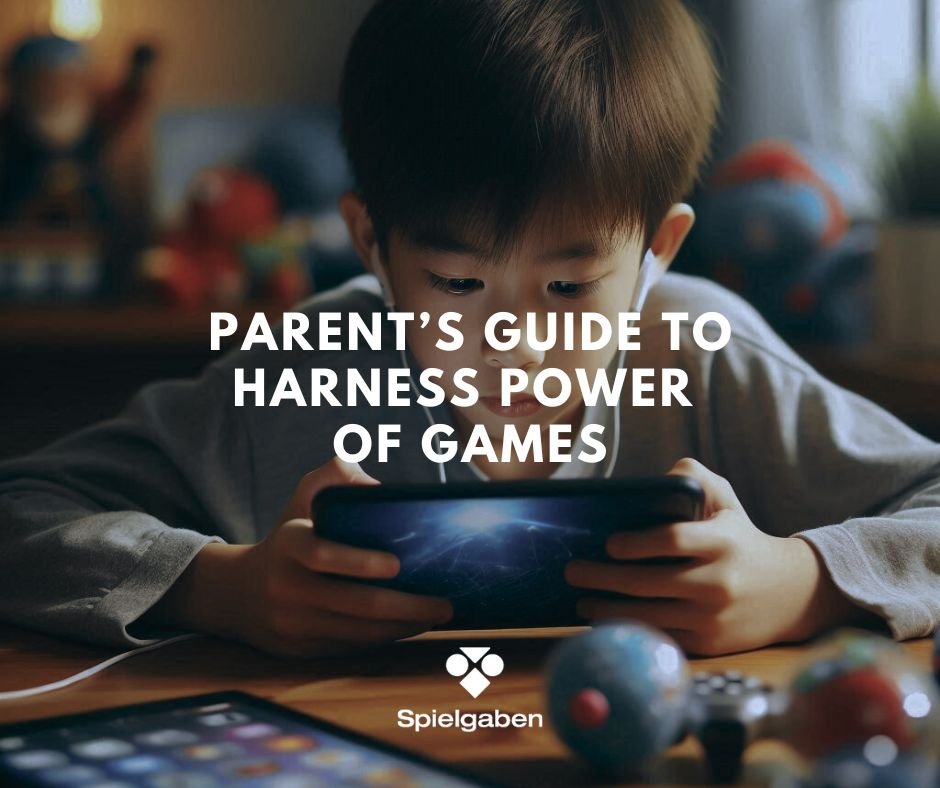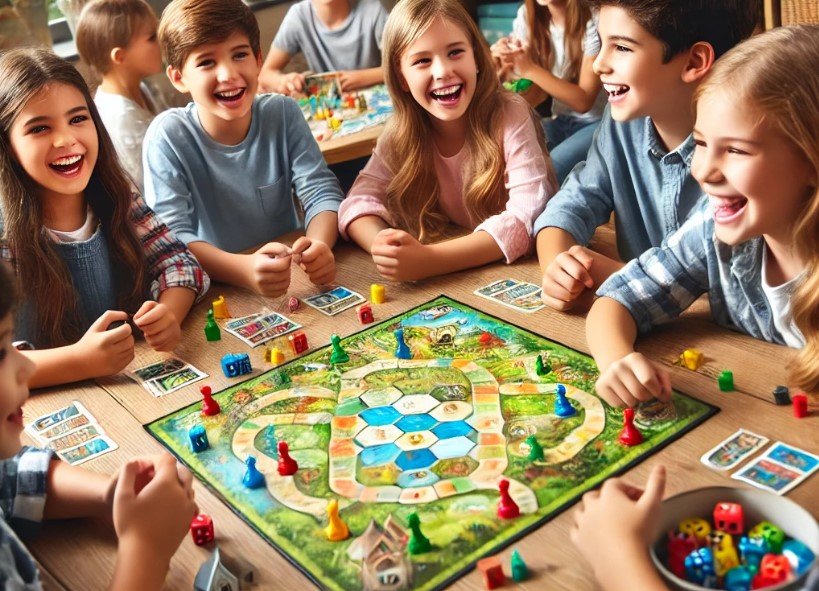How to Educate Your Elementary Children At Home
The elementary years are a time when children experience amazing growth in behaviours and learning. It’s a time to find out what your child loves and use that to engage their bright minds and inspire growth. That’s why it’s important to keep your kids in elementary grades challenged and engaged at all times.
We have written a series of articles on homeschooling, from how to start homeschooling your kids, how to homeschool your preschooler and kindergartner and here we take a look at how to homeschool your elementary kids.
1. Deschooling
Now that you’ve decided to homeschool, you would have taken your kids out of a public school. A very common practice is to deschool your child before you start homeschooling. Deschooling your child means that you give them a break from schooling altogether. They can relax, unwind and get themselves ready for the adventure that is about to follow – a more relaxed and often more engaging way of learning. Most parents will deschool for about a month before they start homeschooling.
2. What kids need to learn in the Elementary Phase
There are a number of important skills that elementary kids need to learn, here are just some of them:
A) Learn to read and write – as they move through the elementary phase the work becomes more challenging from simply reading and writing, through to comprehension, creative writing, revising, editing, proofreading and more.
B) Understand the basics of maths and progress as they move through different grades but they will learn things like time, money, the meaning of numbers, addition, subtraction, division, multiplication, times tables, fractions, decimal numbers, odd and even numbers, number patterns and more.
C) Science will introduce them to concepts that require them to understand more than they can explore concretely, such as living things being made up of small parts. Common science explorations include water and weather, the parts of the human body, and identifying characteristics of plants and animals. Children may also experiment with motion and with how pushing and pulling affects an object. Again, as they move up in grades, the work becomes more challenging. Next they will learn about the Earth and its natural resources, and how people use these resources to get energy. They look at how the Earth changes over time and how we learn about the history of the Earth through fossils. They may do a deeper study of the life cycles of plants and animals. They will learn to explore more complex natural systems as they move up through the grades, such as relationships between the sun, Earth, and moon, weather concepts, and living systems like the food chain. They’ll learn about landmasses and bodies of water, and how to identify them on a globe or map. They’ll begin to investigate different states of matter such as solids, liquids, and gases, and to observe the behaviours of sound and light.
D) Social studies are framed by the concrete world of family, school, and neighbourhood. They understand the past, present, and future, although they are not ready to match real meanings to different time intervals. Children broaden their knowledge of the world. Students learn about the people and places of their local communities and regions, and compare them to other communities and regions. Children may be given more responsibility to resolve conflicts with their classmates. They will be expected to have a deeper understanding of the importance of rules and their role in helping people get along. Students learn about the natural environment and how groups of people have adapted to or modified the environment. They’ll study how methods of travel and communication have changed throughout time, and in different regions.
E) Socially, elementary kids become more and more independent and responsible for their own actions than they were in kindergarten. Therefore, knowing how to follow rules and take care of themselves becomes important. They become far more self-sufficient and also will learn to resolve conflict during the elementary phase.
As they reach the fourth grade the work becomes extremely challenging when they’re in a school environment and when you’re homeschooling you can take the pressure off your kids while still teaching them all that they need to know, without the tons of paperwork, textbooks and assignments that they would be dealing with at school.
3. Outline your approach
It’s important to outline your approach to homeschooling taking into account your intentions and motivations. What do you consider a ‘good’ education? What do you believe about children, teaching, and learning? How do your children seem to learn best? These questions can help you determine what approach to take and help you create a learning environment that will be best for your family and your children. Consider, too, that an approach that works for one child may not be best for another. In addition, what you may prefer may not be best for them. Talk to your child about their expectations before you go about outlining the year.
4. Choosing an Education Method
This can be one of the biggest decisions that you can make in order to homeschool your children successfully. There are plenty of elementary curriculums out there, as well as different education methods to choose from, you just need to decide which one is best for you. Here’s a list of different curriculums and methods available in the US – if you are outside the US, you will need to do a search on the internet to find what suits you best.
Here are some education methods to choose from:
A) Unschooling – kids are not directed at all in this approach and are pretty much left to their own devices to learn what they are interested in. You need to figure out what their interests are and then provide the tools and resources for them in order to learn about what they want to learn about.
B) Diane Lockman offers an approach geared towards reading, thinking, and communicating, with a heavy Christian emphasis. She even offers online high school courses.
Unit studies – this is where each unit is dedicated to a different topic. You can often find loads of different unit studies online for free that focus on a specific topic of interest like Presidents, Martin Luther King Jr., Pi Day, Pirates, US Constitution and loads more. The options are endless.
C) Charlotte Mason’s methodology is a little less conventional and focuses on “atmosphere, discipline, and life.” She believes that we need to focus on the whole child and not just their minds. By “Atmosphere,” Charlotte meant the surroundings in which the child grows up. A child absorbs a lot from his home environment. By “Discipline,” Charlotte meant the discipline of good habits—and specifically habits of character. The other third of education, “Life,” applies to academics. She believes that kids not just have dry facts but learn through the real world.
D) You can also choose between Montessori or Waldorf methods, where the child is more independent and “discovers” rather than is told what to do. There is more freedom for the child to discover their interests and work with what interests them.
You can also choose a number of styles to suit your particular needs; you don’t necessarily need to stick to one. Homeschooling gives you this freedom.
Here are different curriculums that are available:
· Educents
· International Virtual Learning Academy
These are just some of the curriculums on offer, you can search the internet and find plenty more that might suit your needs better.
5. Believe in Yourself
You may not be a qualified teacher, but you know what’s best for your child and you need to believe in yourself and your abilities to teach your kids. You may not know everything, but always remember that you are on a learning journey too. You won’t know all the answers and don’t beat yourself up about it, you have plenty of resources that will help you find the answers you need.
6. Enrol your Child in Community Activities
In order to give your kids the opportunity to socialise and meet new friends, make sure you enrol them in a few community activities to enrich their learning experiences too.
7. Look for Local Support
There will be good days and there will be bad days. Before you begin your journey, look for local support groups that you can join. There are normally plenty around, just do an online search and you should be able to find the type of support group you’re looking for.
8. Plan your Days
If you choose to have a more formal home education environment, you can prepare by gathering your lesson plans, materials, and textbooks together, or you can set up a room in your house that is dedicated to homeschooling. Whatever you decide to do, it will only help you by planning as much as you can. Even if you’re taking a less formal approach, plan your field trips for each subject for the year, place learning objects around your home or even putting yourself in the mind-set of using everyday as a learning opportunity.
9. Keep a Portfolio
This is often a must-have according to the rules and regulations of homeschooling, but regardless of whether it is or it isn’t make sure you keep a portfolio of each of your children’s work.
Thick, three-ringed binders with tab separators for each student are an excellent way to keep track of schoolwork, along with whatever may be required from a legal standpoint. Label each tab with whatever subjects you are studying. After your child has completed a page, punch holes and snap the page into the proper section of their book. Remember to date each page or it will be a big jigsaw puzzle to figure out later. This is especially useful if your child is thinking of going to college, as some schools require portfolios of work from homeschool students.
10. Evaluate your Progress
Progress evaluation happens naturally through the one-on-one process of home educating, although in some areas the law requires periodic formal testing or evaluation of home educators. Personal evaluation, however, should not only consider how your child is doing academically but also how the process is working for everyone in the family.
· If the teaching methods are a poor match with your child’s learning style, if the curriculum is too structured or not structured enough, or if the process of home educating seems to be making things worse rather than better, then it’s time for a change. Fortunately, change is something you can do fairly quickly with just a little research.
· If you feel uncomfortable with your level of knowledge on the subject, there is standardised progress tests (such as FCAT) that your child can take and then have the scores mailed to you, and you can find many other tests to order or take online.
11. Keep your Children’s Friends
As your children have moved out of a formal school situation, it’s important that you make sure that they keep in touch with their old friends to help with socialisation. Also, keep them socialised at homeschool groups. There are bound to be kids there that are the same age as them and have the same interests.
We hope you’ve found this guide useful for homeschooling your elementary children.













Comment (1)
[…] How to Educate Your Elementary Children At Home […]